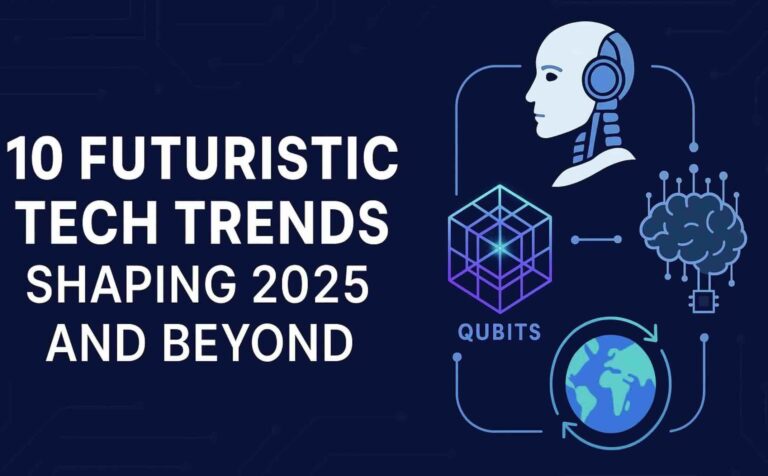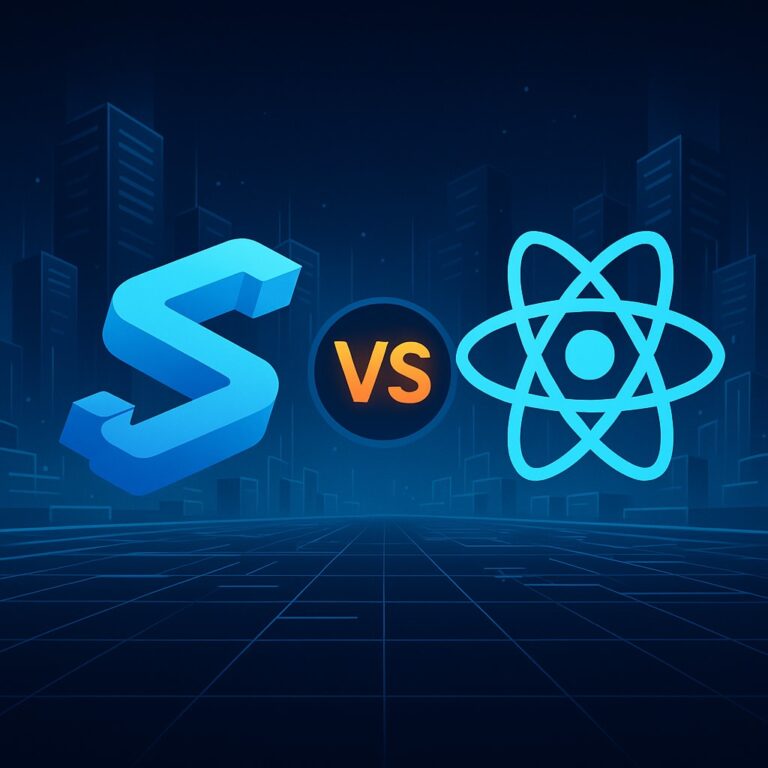Artificial Intelligence (AI) tools have become indispensable in various industries, from healthcare and finance to marketing and customer service. These tools enhance productivity, provide deep insights, and streamline complex processes. In this article, we will explore the top 10 most famous and efficient AI tools available in the market today, highlighting their features, applications, and benefits.
1. TensorFlow
TensorFlow, developed by Google Brain, is an open-source machine learning framework widely used for building and deploying machine learning models. It supports a range of deep learning and neural network algorithms.
Key Features
- Scalability: Can be run on multiple CPUs and GPUs, and even on mobile platforms.
- Flexibility: Supports various machine learning and deep learning algorithms.
- Community Support: Extensive documentation and a large community for support.
Applications
- Image and speech recognition
- Natural language processing
- Predictive analytics
Why It Stands Out
TensorFlow’s ability to scale and its wide range of supported algorithms make it a favorite among researchers and developers. Its strong community support ensures that users can easily find resources and assistance.
2. PyTorch
Developed by Facebook’s AI Research lab, PyTorch is another leading open-source machine learning library that is particularly popular for deep learning applications.
Key Features
- Dynamic Computation Graphs: Allows more flexibility in model development.
- Ease of Use: More Pythonic than TensorFlow, making it easier to learn and use.
- Integration: Strong support for integration with other Python libraries.
Applications
- Computer vision
- Natural language processing
- Reinforcement learning
Why It Stands Out
PyTorch’s dynamic computation graphs offer flexibility and ease of use, which are crucial for experimentation and rapid prototyping. Its growing popularity among researchers and developers is a testament to its effectiveness.
3. IBM Watson
IBM Watson is a suite of AI tools and services aimed at business applications. It provides a range of AI capabilities through cloud-based APIs.
Key Features
- Natural Language Understanding: Advanced text and speech recognition capabilities.
- AI-Powered Insights: Tools for data analysis and predictive modeling.
- Customizable: Tailor-made solutions for different industries.
Applications
- Healthcare diagnostics
- Financial analysis
- Customer service automation
Why It Stands Out
IBM Watson’s advanced natural language understanding and customizable solutions make it a powerful tool for enterprises looking to harness AI for business insights and automation.
4. Microsoft Azure AI
Microsoft Azure AI provides a suite of AI services and tools for building, training, and deploying machine learning models through Azure’s cloud infrastructure.
Key Features
- Comprehensive Suite: Includes pre-built APIs for vision, speech, language, and decision-making.
- Integration: Seamless integration with other Microsoft services.
- Enterprise-Ready: Scalable solutions designed for enterprise needs.
Applications
- Cognitive services
- Machine learning
- Business intelligence
Why It Stands Out
Microsoft Azure AI’s comprehensive suite and seamless integration with other Microsoft services make it a go-to platform for enterprises seeking scalable AI solutions.
5. Google Cloud AI
Google Cloud AI offers a wide array of machine learning and AI tools powered by Google’s expertise in AI and cloud computing.
Key Features
- Pre-trained Models: Access to Google’s pre-trained models for various AI tasks.
- Custom Model Training: Tools for training custom models using Google’s infrastructure.
- AI Hub: A platform for sharing AI components and solutions.
Applications
- Image and video analysis
- Language translation
- Predictive analytics
Why It Stands Out
Google Cloud AI’s access to pre-trained models and custom training capabilities, combined with Google’s powerful infrastructure, make it a top choice for developers and enterprises alike.
6. H2O.ai
H2O.ai is an open-source AI platform designed for building and deploying machine learning models. It is known for its user-friendly interface and high performance.
Key Features
- AutoML: Automated machine learning capabilities to streamline the model-building process.
- Scalability: Can handle large datasets efficiently.
- Interpretable Models: Tools for explaining model predictions.
Applications
- Fraud detection
- Risk management
- Marketing analytics
Why It Stands Out
H2O.ai’s AutoML feature and focus on interpretable models make it accessible and powerful, particularly for users who need to build and understand machine learning models quickly.
7. RapidMiner
RapidMiner is a data science platform that provides tools for data preparation, machine learning, and model deployment, all in a user-friendly interface.
Key Features
- Drag-and-Drop Interface: Simplifies the process of building machine learning models.
- End-to-End Platform: Covers the entire data science lifecycle from data prep to deployment.
- Integration: Connects with various data sources and platforms.
Applications
- Predictive maintenance
- Customer churn prediction
- Sentiment analysis
Why It Stands Out
RapidMiner’s intuitive interface and end-to-end capabilities make it a favorite among data scientists and analysts looking to streamline their workflow.
8. DataRobot
DataRobot is an automated machine learning platform designed to accelerate the process of building and deploying predictive models.
Key Features
- Automated Machine Learning: Streamlines model development with automated processes.
- Model Interpretability: Tools for understanding and explaining model outputs.
- Deployment: Easy deployment of models into production environments.
Applications
- Financial forecasting
- Healthcare analytics
- Retail optimization
Why It Stands Out
DataRobot’s focus on automation and interpretability helps organizations quickly develop and deploy powerful predictive models without needing extensive machine learning expertise.
9. SAS Viya
SAS Viya is a cloud-enabled, in-memory analytics engine that provides a comprehensive suite of AI and machine learning tools.
Key Features
- Scalability: Designed for handling large-scale data and complex analytics.
- Advanced Analytics: Offers a range of analytics capabilities, including machine learning, deep learning, and text analytics.
- Integration: Seamlessly integrates with other SAS products and third-party tools.
Applications
- Risk management
- Fraud detection
- Customer intelligence
Why It Stands Out
SAS Viya’s robust analytics capabilities and scalability make it a preferred choice for enterprises dealing with large-scale data and complex analytical needs.
10. BigML
BigML provides a highly scalable, cloud-based machine learning platform that is user-friendly and designed for ease of use.
Key Features
- User-Friendly Interface: Intuitive interface for building and deploying models.
- Automated Machine Learning: Simplifies the model-building process with automation.
- Scalability: Capable of handling large datasets efficiently.
Applications
- Demand forecasting
- Anomaly detection
- Predictive maintenance
Why It Stands Out
BigML’s combination of user-friendliness, scalability, and automated machine learning capabilities makes it an excellent choice for businesses of all sizes.
Conclusion
The AI tools mentioned above are at the forefront of technological innovation, offering various features and capabilities that cater to different needs and industries. Whether you are a beginner looking to get started with AI or an enterprise aiming to leverage advanced AI capabilities, these tools provide robust solutions to help you achieve your goals. By selecting the right tool based on your specific requirements, you can harness the power of AI to drive efficiency, innovation, and growth in your organization. Investing in these AI tools can lead to transformative outcomes, keeping you competitive in the fast-evolving digital landscape.












